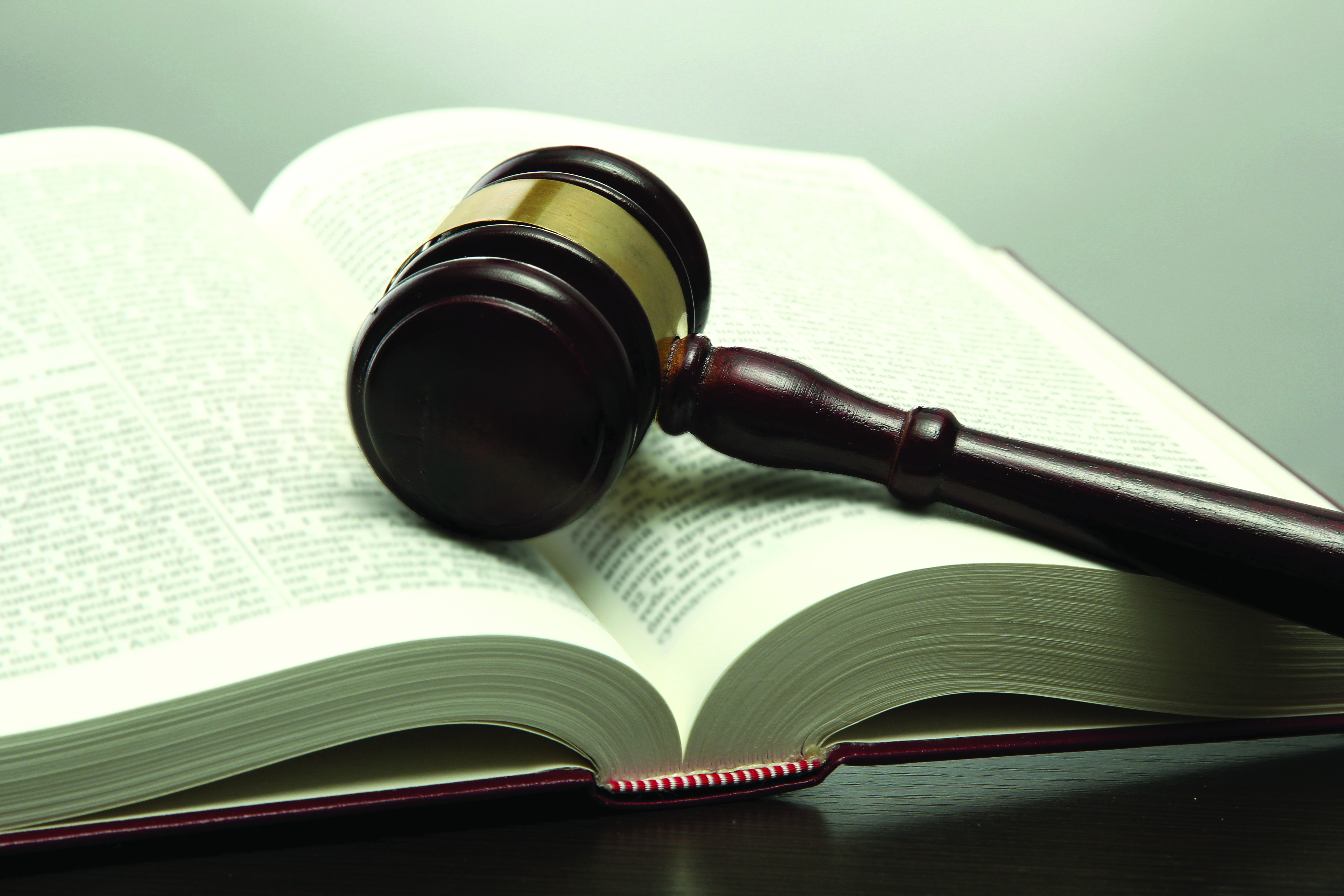Everyone has heard of the saying that “the whole is greater than its parts.” The mosaic theory attempts to apply this basic proposition to the Fourth Amendment. Generally speaking, what a person puts into the plain view of the public is not considered to be protected under the Fourth Amendment.1 If an officer could have manually conducted surveillance of an individual while that person moves about on a public thoroughfare, then the Fourth Amendment arguably is not implicated and the officer would not have to obtain a warrant. However, under the mosaic theory, the continuous and persistent electronic surveillance by police of a person even in a public area does in fact implicate the Fourth Amendment because the cumulative data obtained by heightened surveillance creates a much more detailed and comprehensive picture of the subject—a picture that actual physical surveillance could never construct, which includes or excludes highly personal and confidential habits that the individual and some sections of society consider as an invasion of a person’s privacy and autonomy.

Chief’s Counsel: The Mosaic Theory and Electronic Public Safety Technology
Read More
Share
Recent surveys and studies indicate a notable percentage of police officers experience and are affected by job-related stress and anxiety, in addition to stress stemming from personal matters. These s...
Share
The image is familiar. A crowd is gathered, yelling and forming a circle around an intersection. Mere feet away, vehicles slide, smoke, and spin, accelerating in a circle at a high rate of speed. Pass...
Share
The Americans with Disabilities Act of 1990 (ADA) is a U.S. civil rights law that protects the rights of individuals with disabilities. Title II of the ADA prohibits public entities from excluding any...
Share
The U.S. government does not intend for a victim of a crime who is in the United States unlawfully to be shuttled across borders by the federal immigration authority when that victim is needed for the...
Share
The past year, 2024, has seen the U.S. Supreme Court issue several decisions of importance to police leaders—not just as police officers but as employers and government employees. And there is more ...
Share
A review of federal court decisions during 2023 confirms that the same principles enunciated in the leading case on the subject, Byrd v. Brishke, which was decided over 50 years ago, are still in pla...
Share
The 2024 U.S. General Election will be held on November 5 across all 50 U.S. states. It is impossible to drive down a street, enter a shop, or go for a neighborhood walk without seeing campaign sign...
Share
Molotov cocktails exploding, bricks smashing into windshields, and the storming of barricades—these chaotic scenes highlight the challenges faced by police personnel during public order events.
W...
Share
The U.S. Equal Employment Opportunity Commission’s (EEOC) Final Regulations interpreting the Pregnancy Workers Fairness Act (PWFA) took effect on June 18, 2024.1
In addition to actual pregnancy, ...
Share
The first duty of any civilized government is to protect the life and property of its people through its military and justice functions.1
Policing’s first duty then is, and must be, to protect co...


